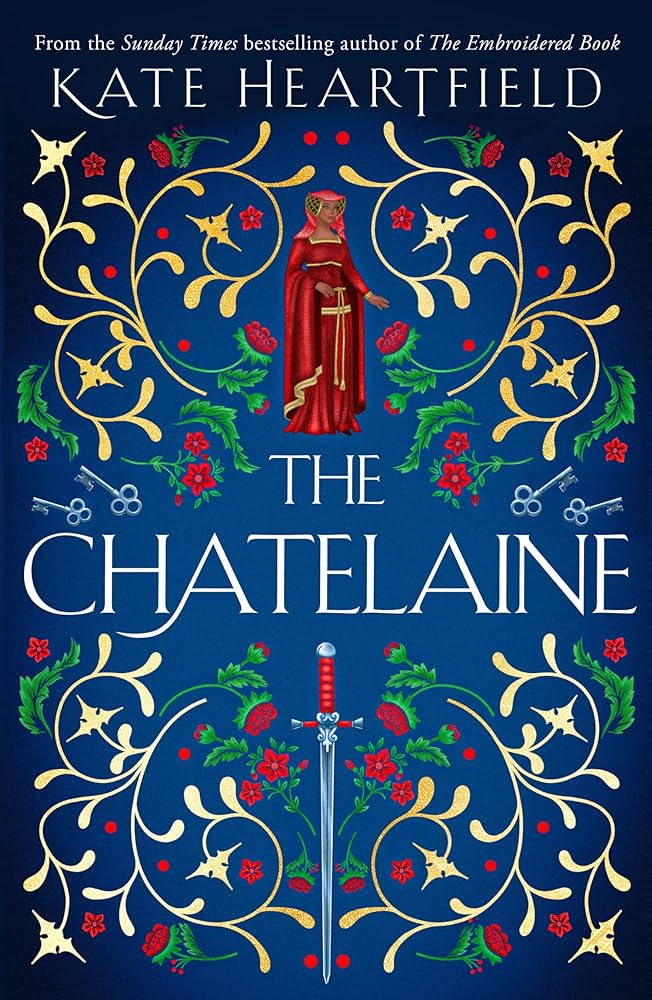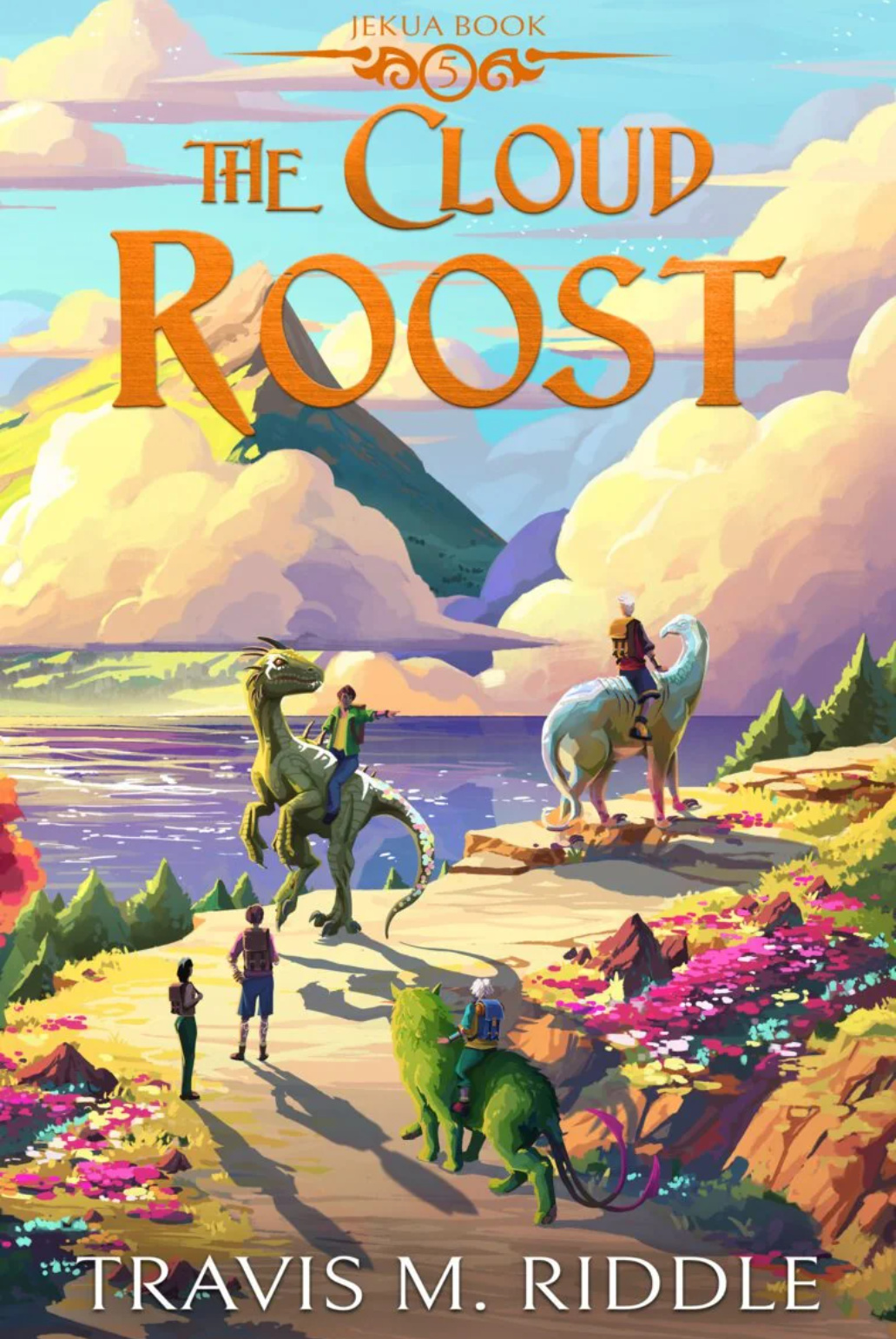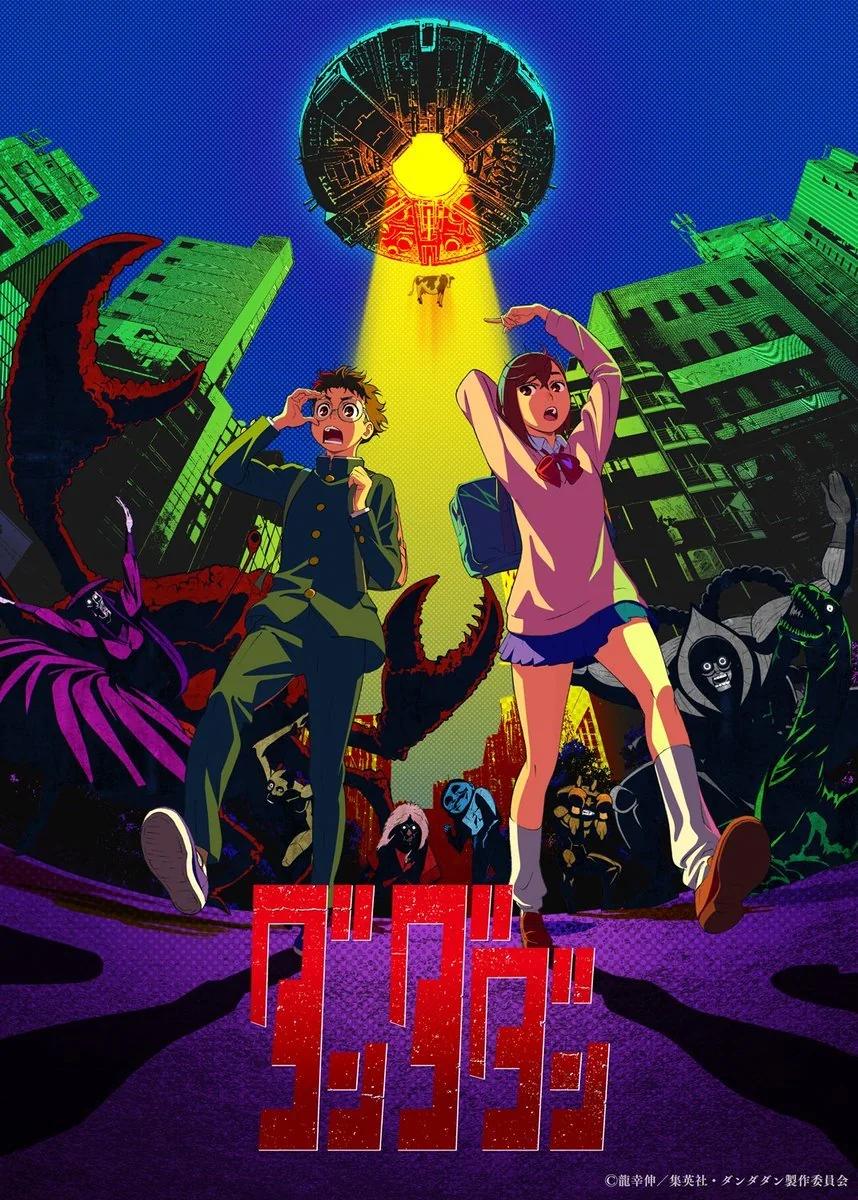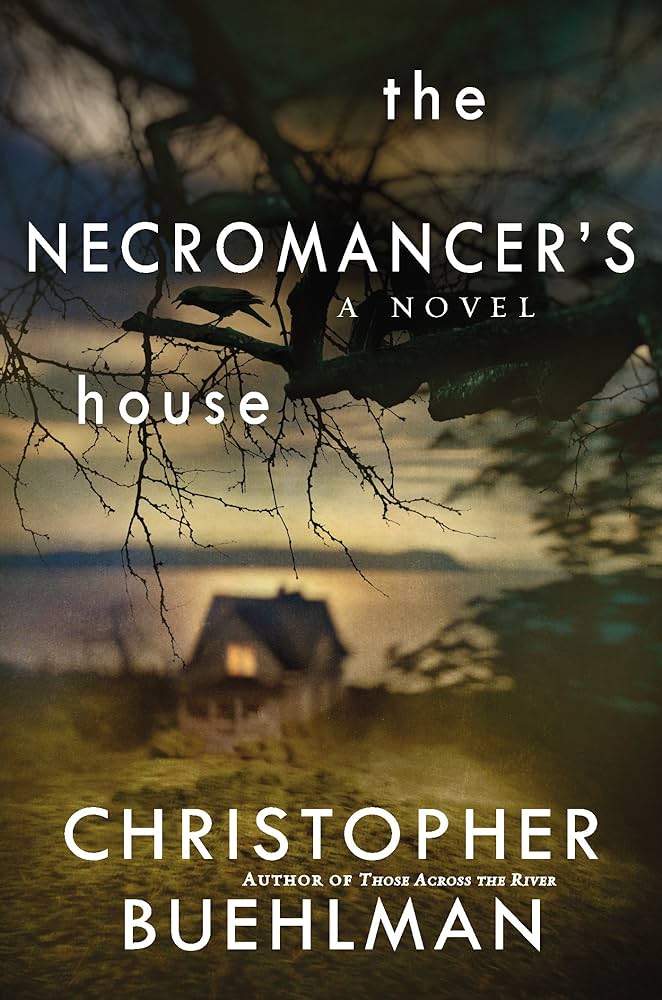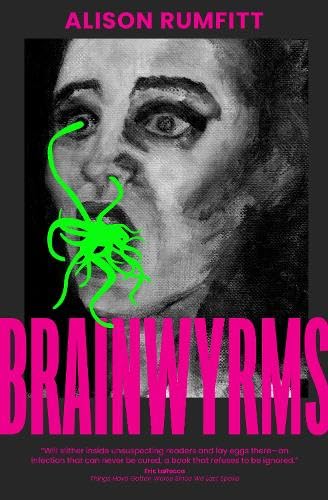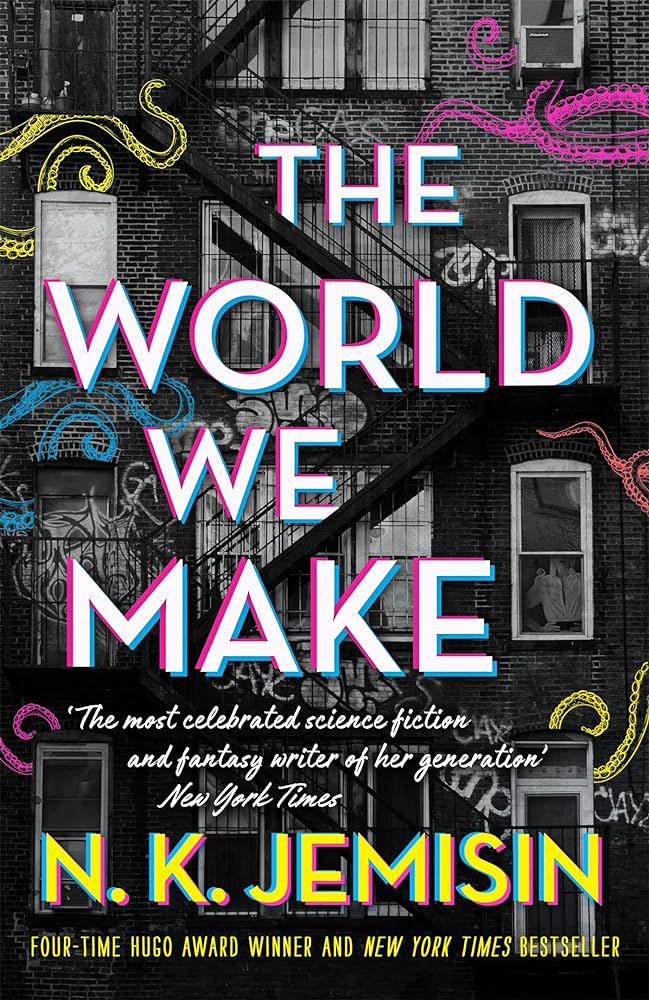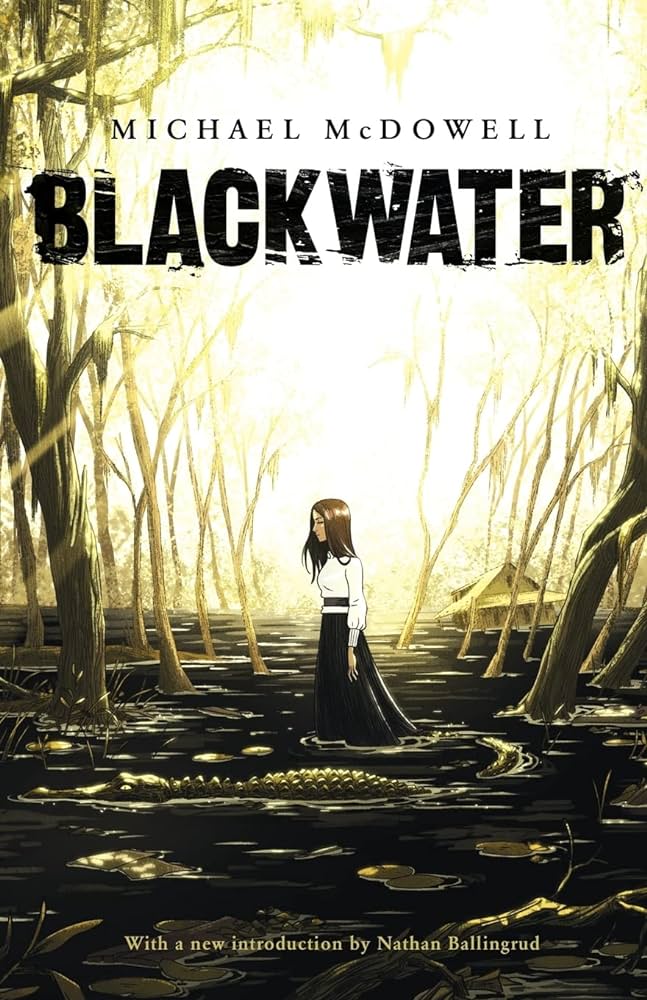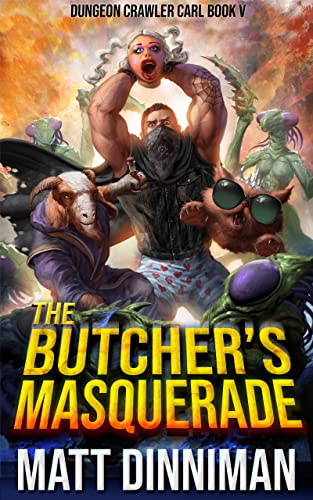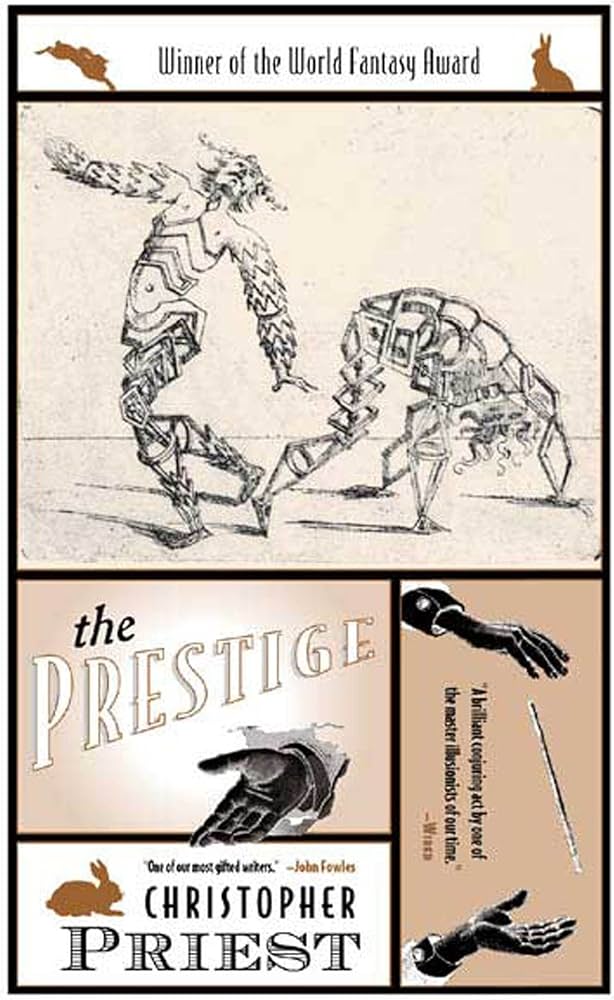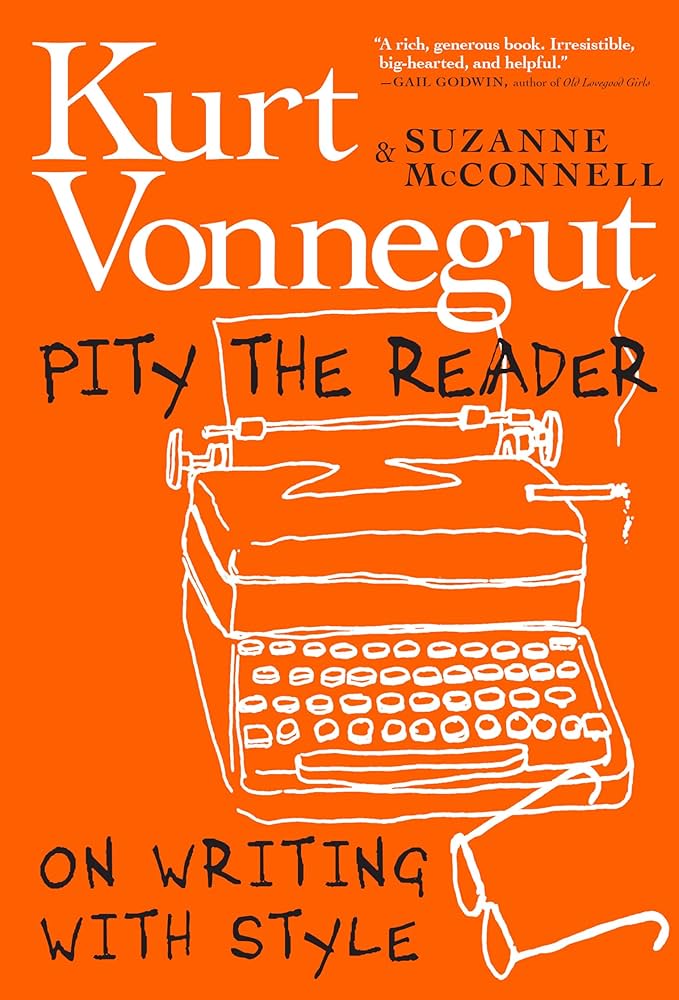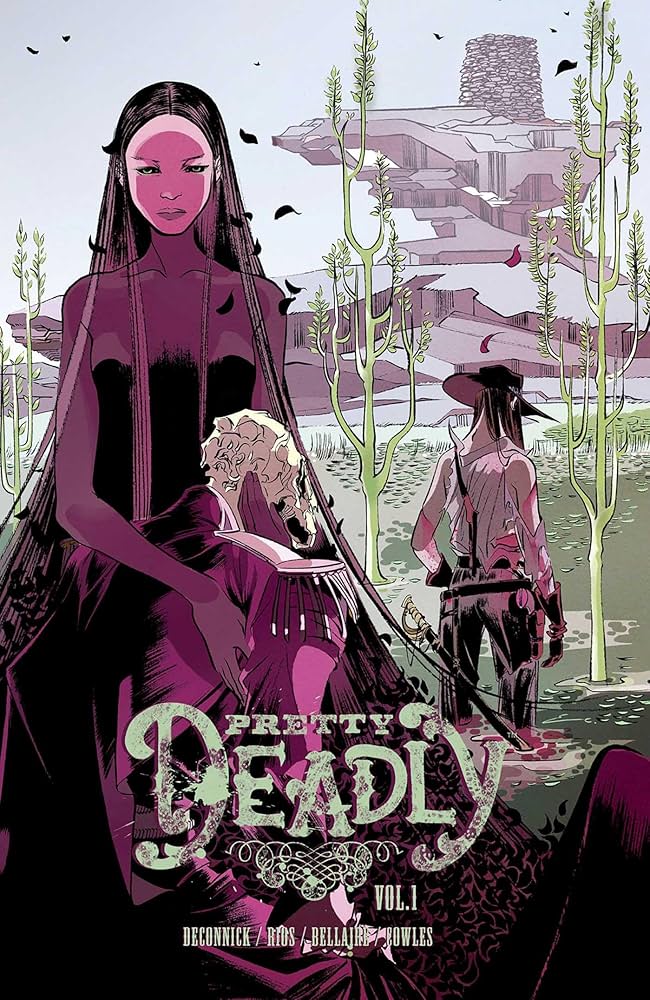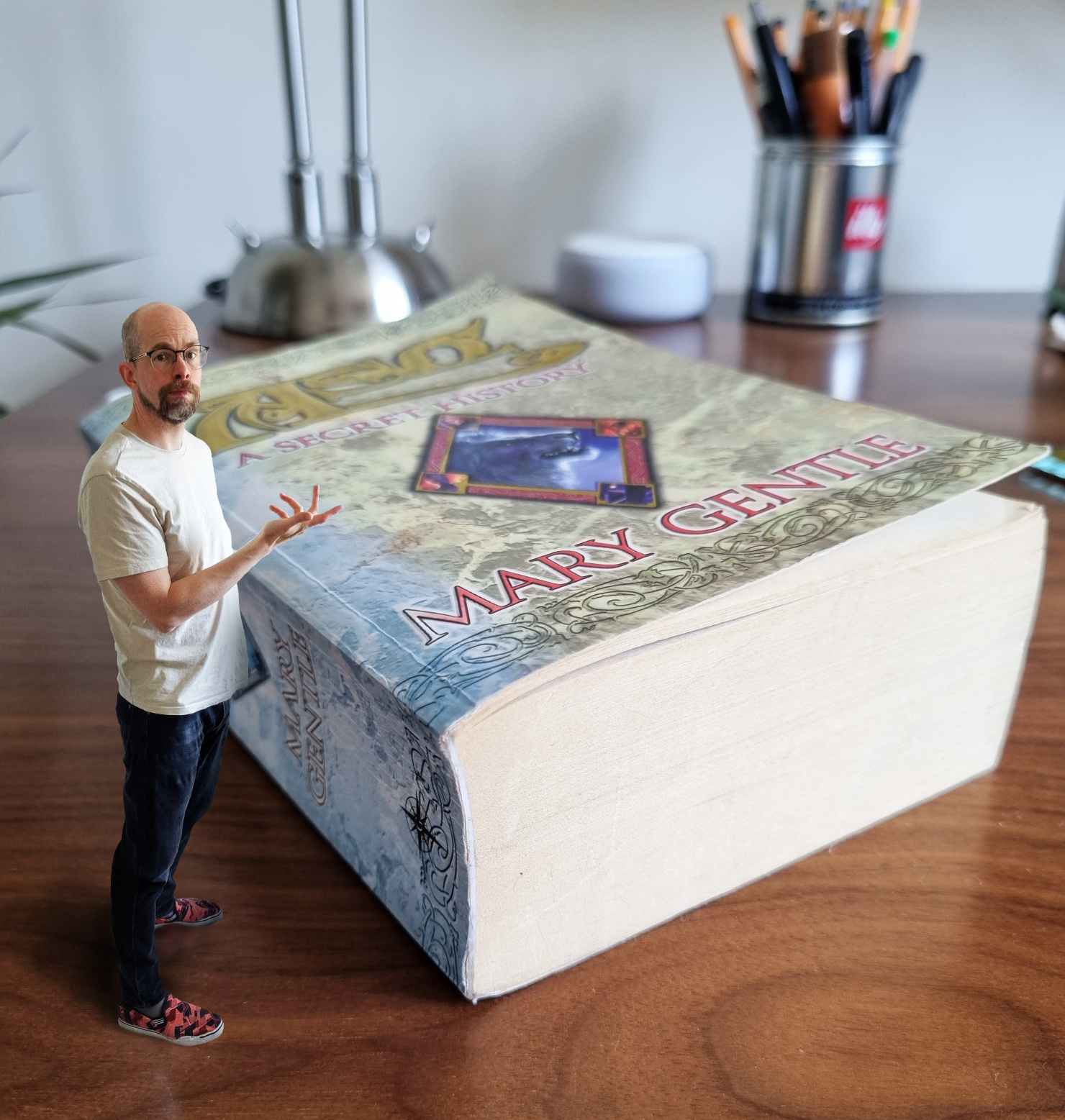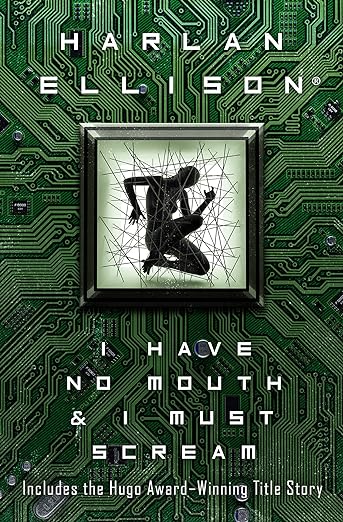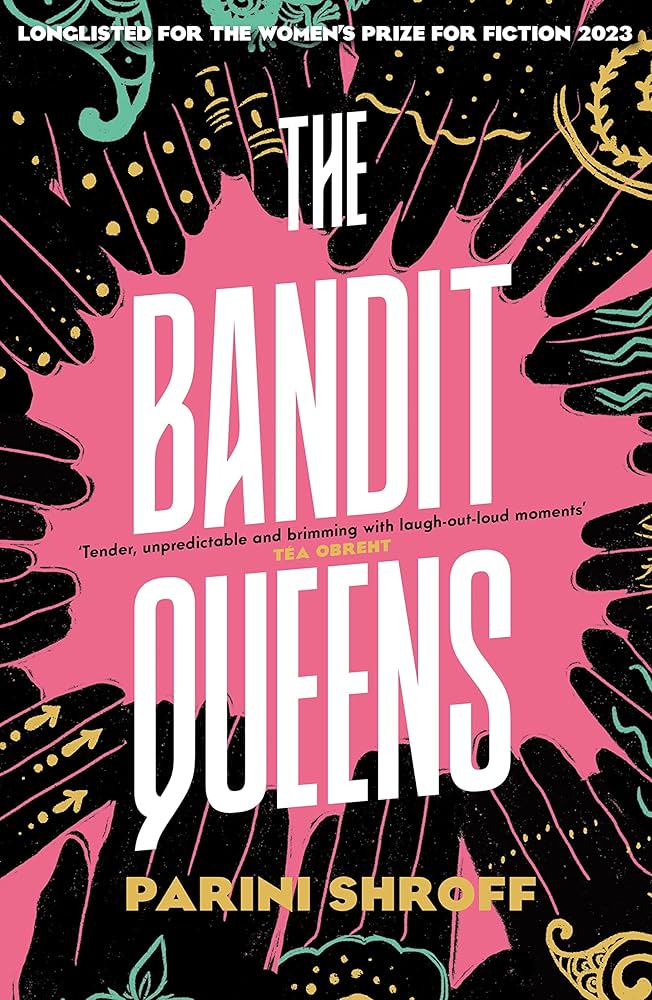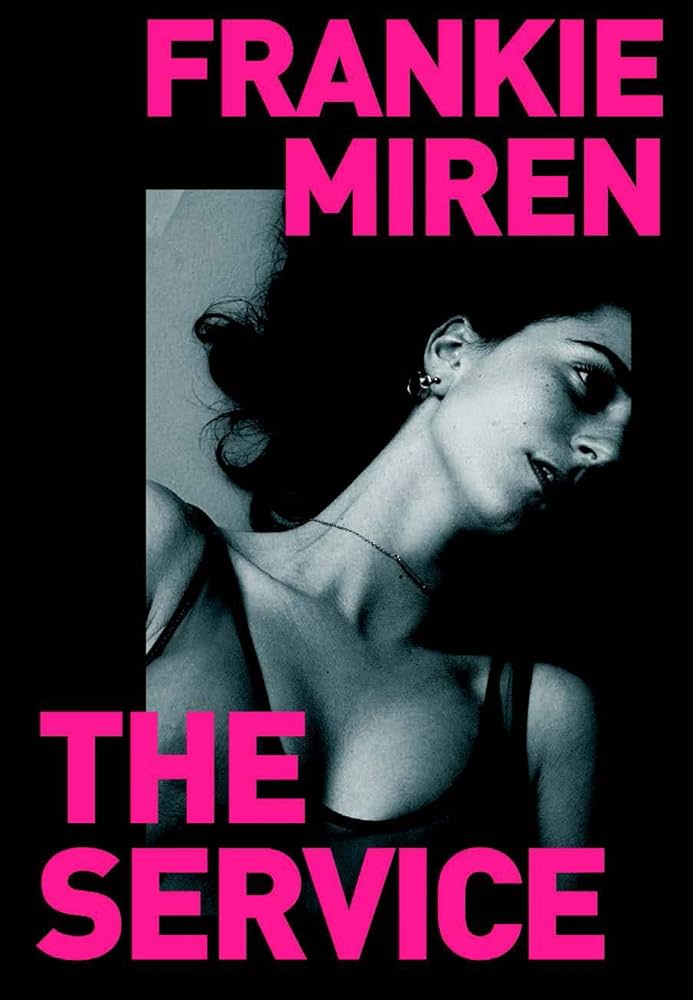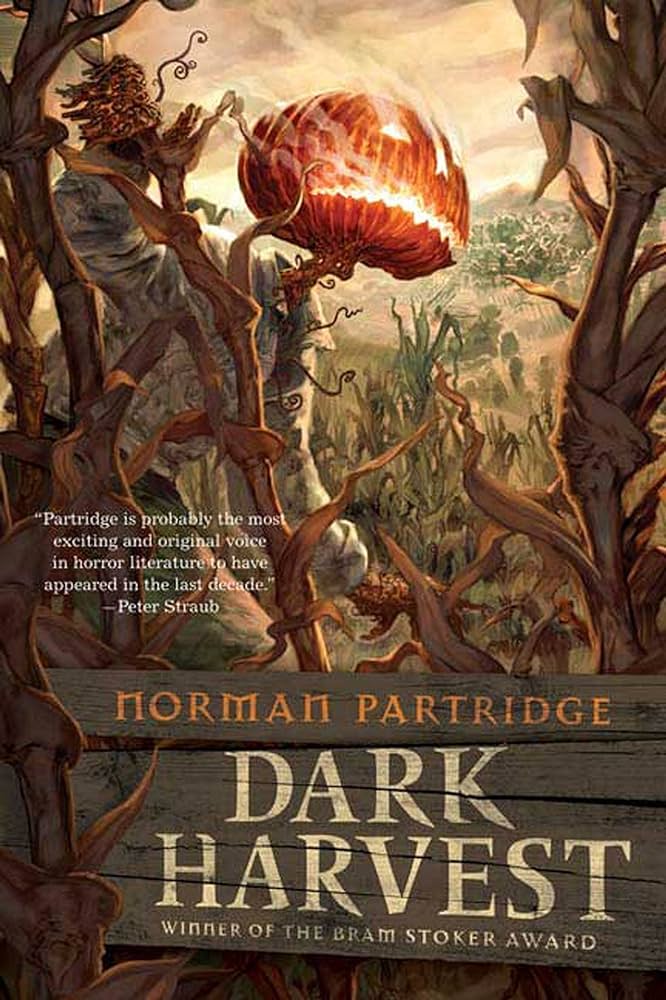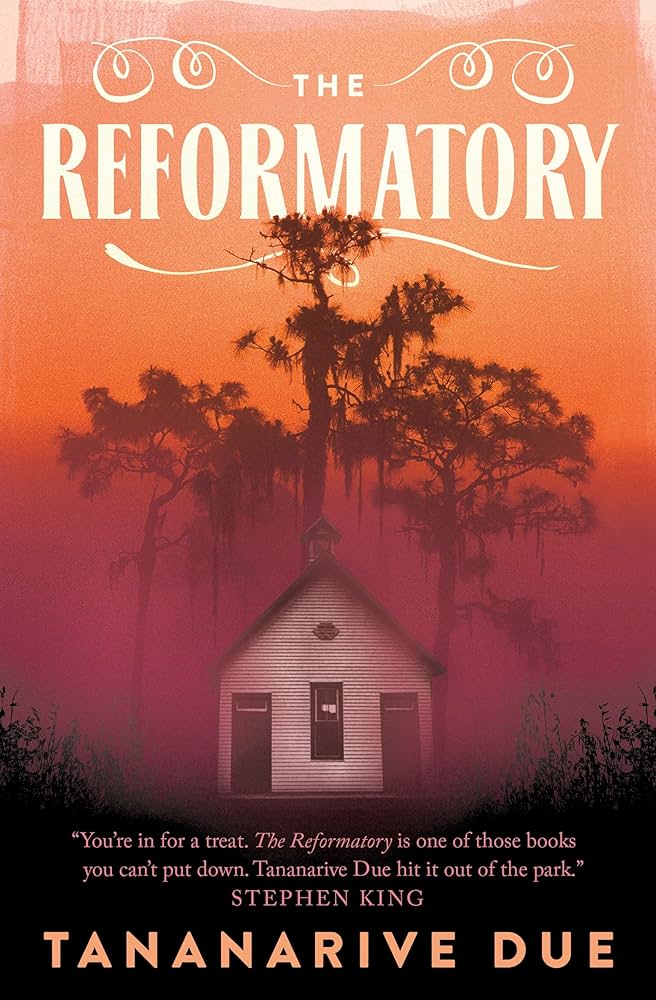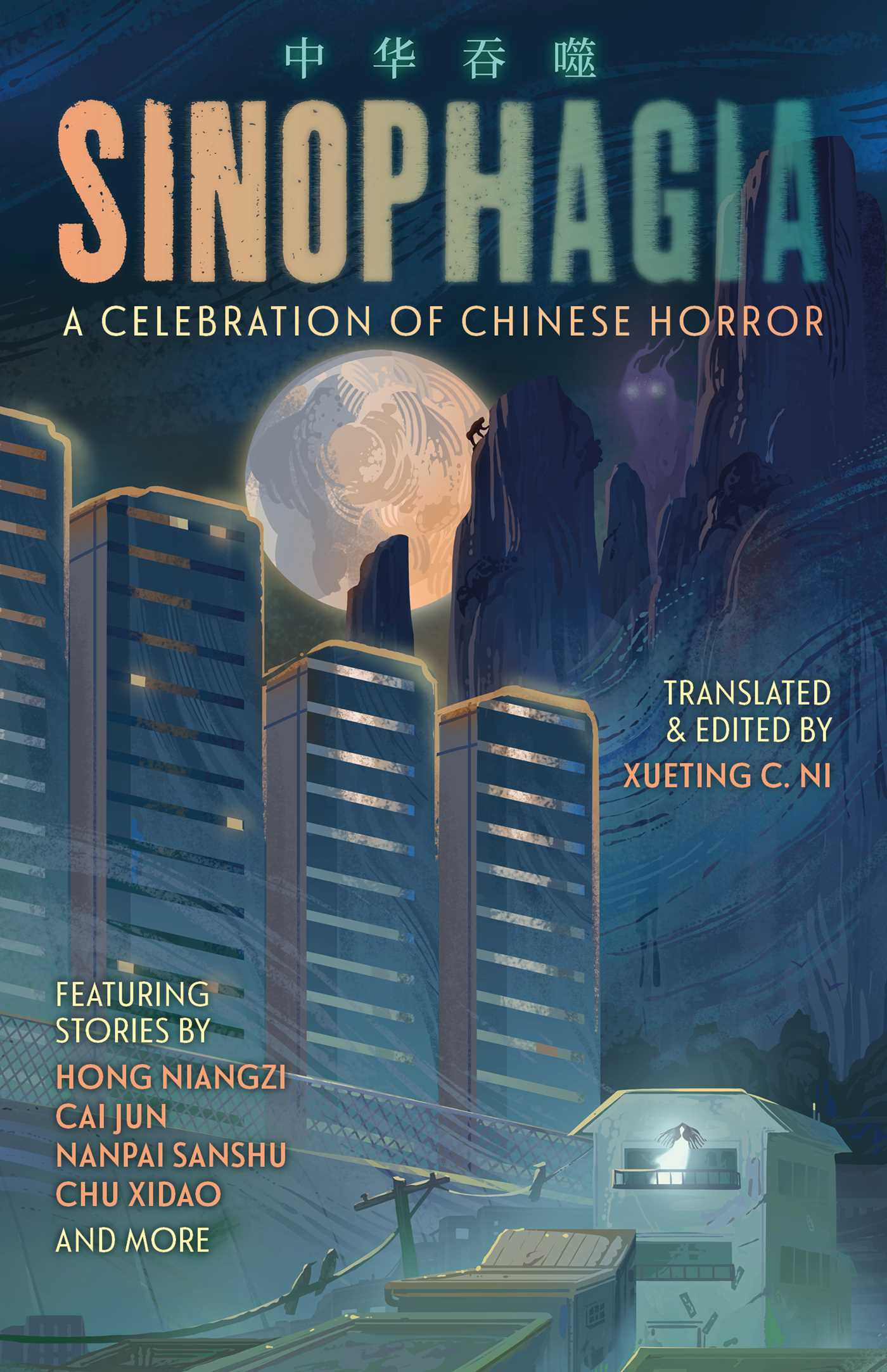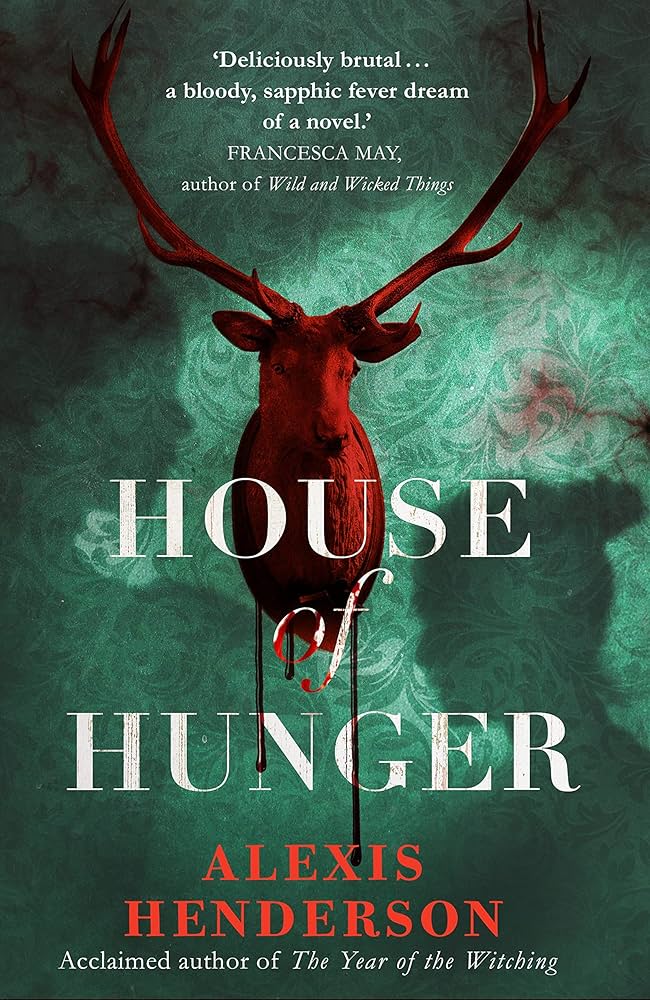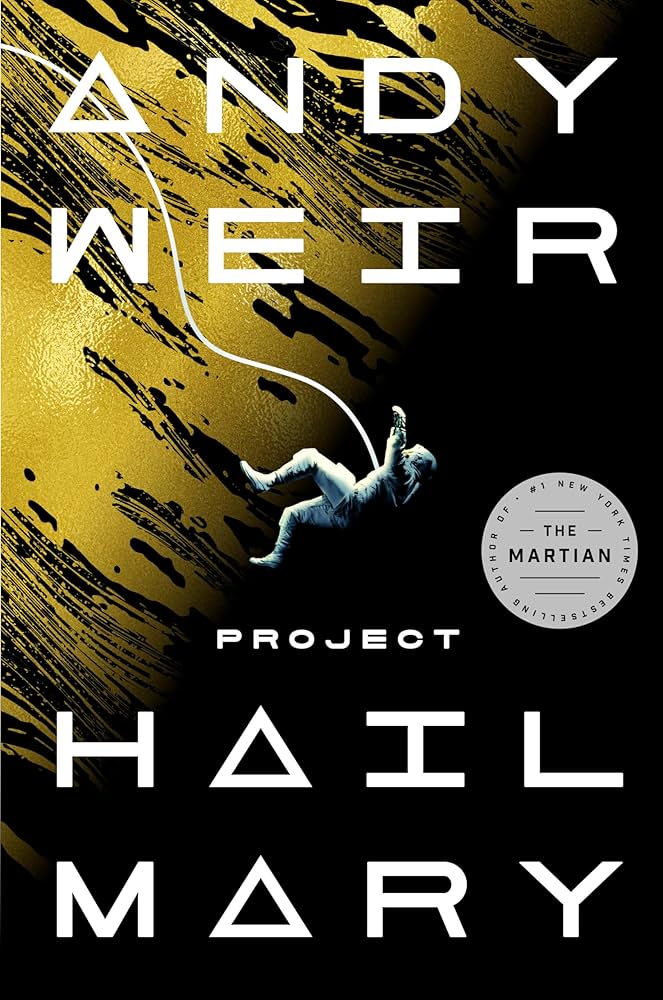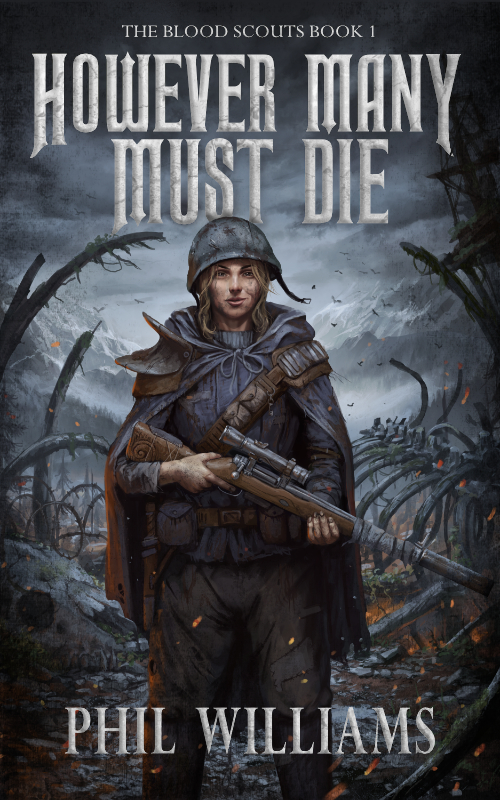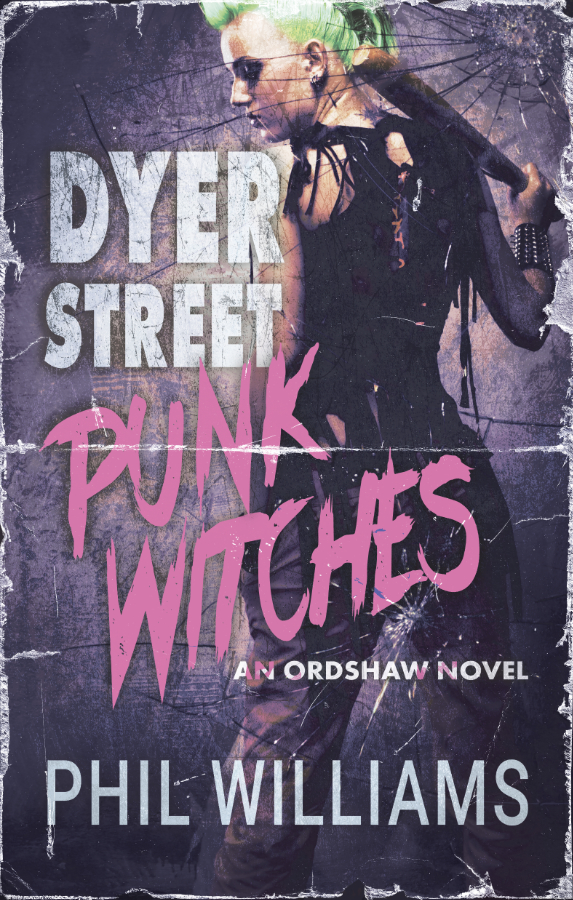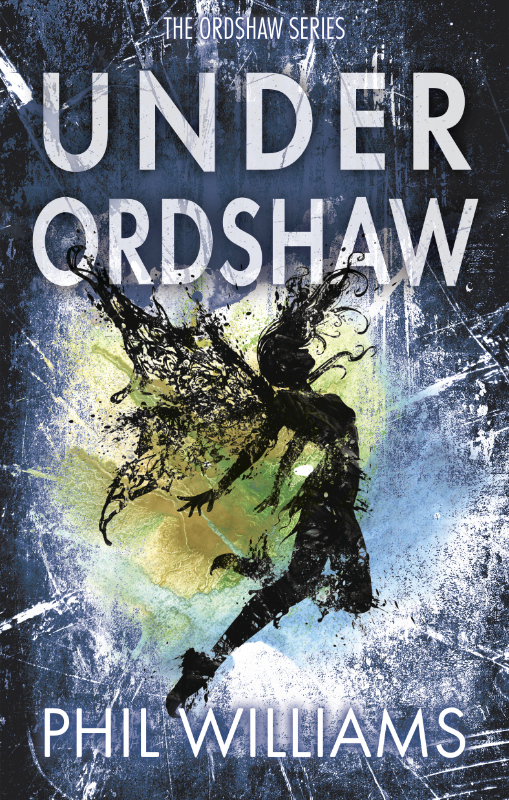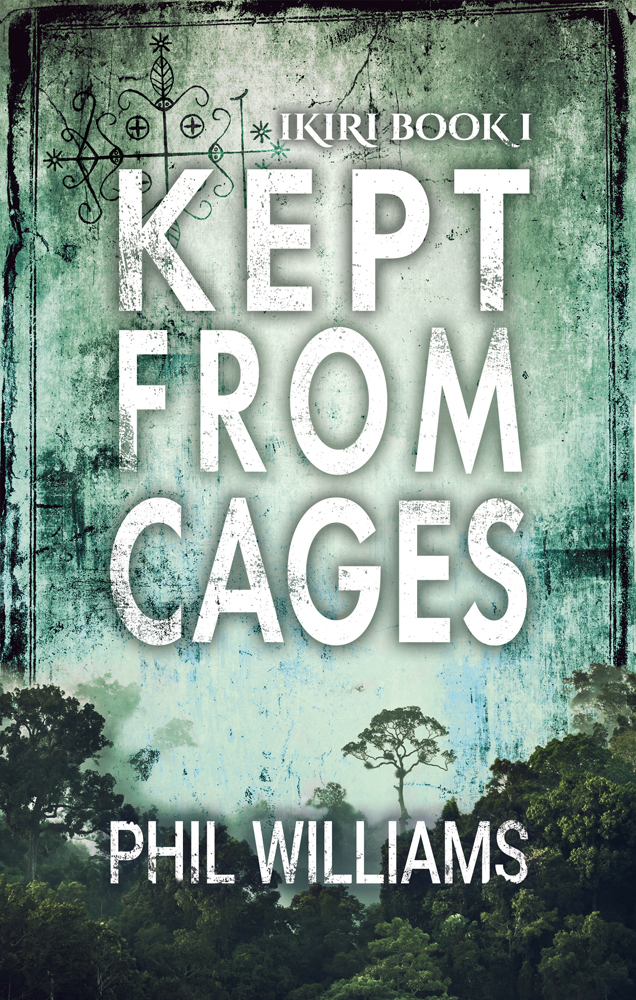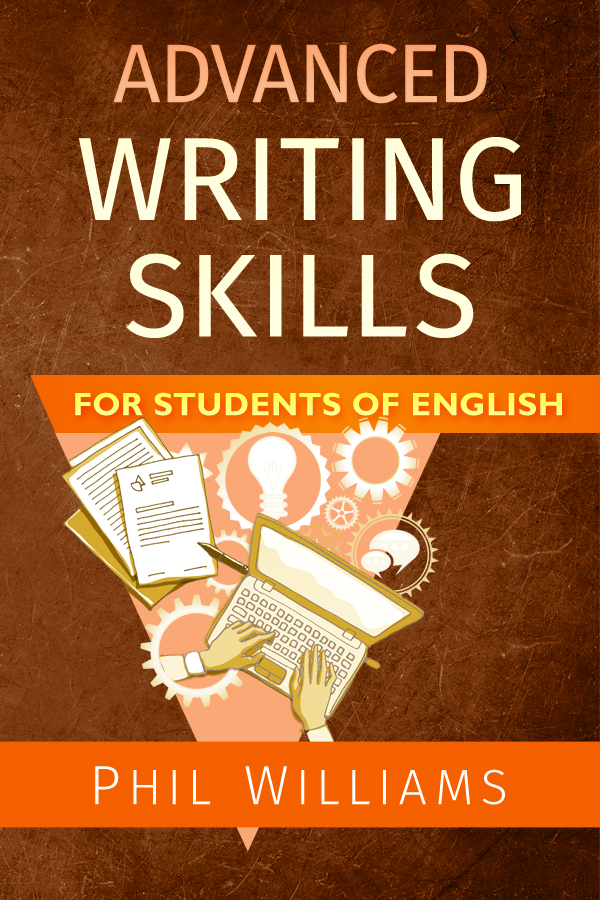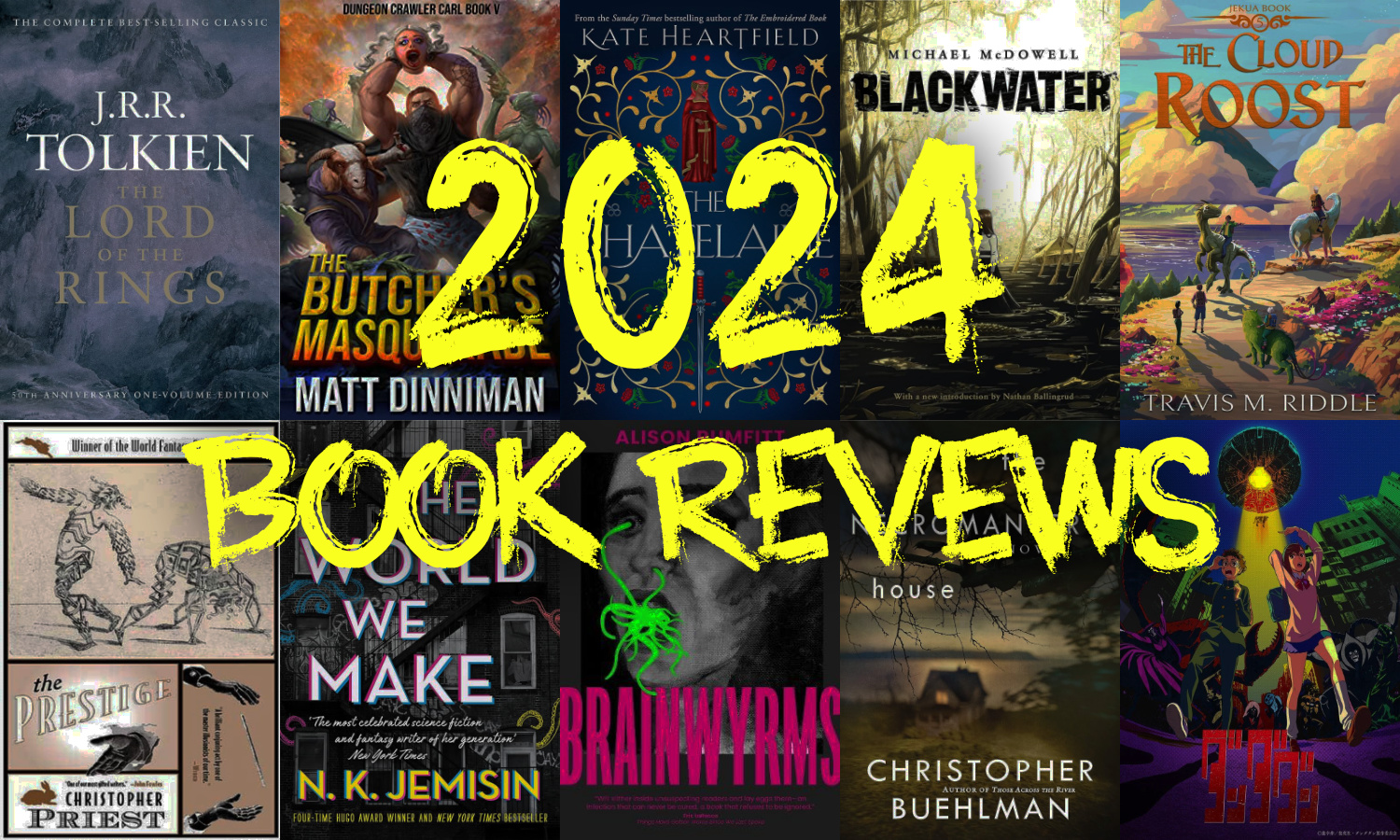
You may be aware that I read a lot of books. So many that I often forget to talk about them until I’m lumbered with making a big list at the end of the year.
This is a shame because I’d like to talk more about and share the things I’ve enjoyed.
This year, Glorious 2024, I had an urge to document my reading better, and am attempting to review all the books I read with at least a couple of sentences. All in one sensible place: my own website. Right here.
So, that’s what we’re about to do. There’s no real order to this except that I’ll attempt to group these by month and indicate genre.
Jump to the months here:
For more book recommendations, and a more immediate indication of the things I like, don’t forget you can check out my:
January Mini Book Reviews
The Chatelaine by Kate Heartfield (historical/horror) – I came into this expecting a medieval historical horror maybe a bit akin to Between Two Fires, but this is something all its own; a unique and overall unusual tale of hellish creatures and defiant woman, best understood as a novel version of the painting Dull Gret.
NOS4R2 by Joe Hill (horror) – not actually sure if I finished this in 2023 or not, but here it is; this an inventive horror saga with Christmassy undertones, fun and easy to read. A bit overlong for my tastes and, hating to say it, felt a lot like an imitation of his father’s work…
The Lord of the Rings trilogy (fantasy) – okay, time to get serious, I had an itch to read something epic and of a guaranteed ponderous charm. I got through all three of the Andy Serkis audiobooks in January (let’s list them, to look more important, that’s The Fellowship of the Ring, The Two Towers and The Return of the King), which are superbly performed. It’s been some 30 years since I first delved into Tolkien so it was well past time to revisit it, and the magic is all still there, in such a superbly crafted mix of meandering adventure, lore and action. You don’t really need my review of this, we all know where the Lord of the Rings is at. It was a lot though; I’m going to get into some shorter books for a few weeks now…
She Topples Giants by Morgan Stang (fantasy) – I wanted more from this author after enjoying Murder at Spindle Manor via SPFBO, so started here. This follows a gang of mercenaries embroiled in a revolution, and plays out at length with much banter and loitering, then much violence – like cosy fantasy interspersed with a couple of incredibly brutal scenes. It’s ultimately rather sprawling and could’ve been half the length, but Stang’s writing and character-work are consistently enjoyable and I’m always a fan of writers who can weave a bit of horror into unexpected places.
No Man’s Land by Harold Pinter (play) – I saw this play a few years back and it stuck with me; it’s a simple set-up of four boozy chaps chatting in a room that spreads into often abstract monologues and I loved it. There’s something captivating about the language, with themes of memory and mortality mixed into often crude and abrupt asides, coming together in a mildly surreal way.
The Witchwood Knot by Olivia Atwater (historical fantasy) – You should know what you’re getting with Olivia Atwater by now and if you don’t then quit dallying and go read all her books. Another eminently charming and delightful foray into shenanigans with Regency fae. There were some darker edges to this one which I obviously enjoyed.
The Hallows by HL Tinsley (urban fantasy) – I was lucky to get an ARC of this new departure from Holly; in a city run by superpowered nuns, freak mutation/murder is afoot and it’s up to the dudes with flowers for names to stop it. That sounds too blithe, sorry, it’s actually a taut and tightly woven thriller. Tinsley is efficient with language, which I always respect, and she’s pulled off a solidly original and engaging story. The powers work here in inventive ways and there’s some great imagery involved.
Negotiating with the Dead by Margaret Atwood (non-fiction) – this series of essays on writing from a master of the craft is insightful in a particularly Atwood manner, in that she takes us on tangents and thought processes you might not expect. There’s some keen ideas in here well worth checking out, the most interesting to me being her thoughts on how readers decide relevance and how we’re all just writing because we’re scared of death…
February Mini Book Reviews
Okay so after the mammoth Lord of the Rings trilogy I intended to read some shorter stuff and have some quicker reads this month. But it didn’t entirely work out that way…
Ghost Talkers by Mary Robinette Kowal (historical fantasy) – I’m always up for fantasy in different eras and this is a rare example of a Great War-era fantasy. An interesting spin on a war story involving communicating with ghosts and a dose of intrigue, though the characterisation didn’t fully grab me and was maybe a bit too similar to what she later did better with The Calculating Stars.
The Cloud Roost by Travis Riddle (fantasy) – another triumphant return to the Jekua series; at Book 5 we’re stretching towards the finish line of a consistently creative, charming and just all-around delightful story. There’s more wild and nasty jekua here, for a good dose of drama (and it gets pretty brutal in places!), but the main draw remains how engaging it is to simply spend time in this world with these well-realised characters. Riddle has a real gift for drawing you in so it feels like comfort reading, even when things get ugly.
Sister, Maiden, Monster by Lucy A. Snyder (horror) – this was a marvellously twisted tale of disease and End of Days iconography, probably best approached with the least known the better, for maximum impact. Not for the squeamish; even made me grimace or laugh with distress at times. But I bet Ms Snyder is a lovely woman in real life.
Things We Lost in the Fire by Mariana Enriquez (literary/horror) – a short story collection of vignettes of unpleasant life in Argentia, where murderous gangs and soldiers are the norm; arresting and memorable images that I hesitate to label as horror because a lot of the worst stuff is really quite believable.
Gothic by Philip Fracassi (horror) – a fantastic example of how a good writer can take an idea that feels tried and tested (in this case a cursed horror writer spiralling out of control) and still spin an absolutely compelling and brilliantly crafted tale. Only my second Fracassi since discovering him last year but it’s doubled my confidence in him, well worth checking out.
Corsets to Camouflage by Kate Adie (non-fiction) – a thoroughly interesting account of women’s involvement in war over the past few centuries, mostly concerning Britain and WW1 and WW2. Writers beware, practically every other paragraph of this book contains an incredible story begging to be expanded into a full novel or film.
From Below by Darcy Coates (horror/thriller) – a dive team investigating a wreck get some ghostly surprises; I’m a sucker for diving stories but find they rarely hit the mark, and this one left me feeling a little flat. There are some tense moments but it had some structural issues that undermined it, and the characters didn’t really draw me in.
This is Where We Talk Things Out by Caitlin Marcaeu (horror) – short and sweet (well, sinister); I picked this novella up on a cheap whim. It does a great job of capturing a weekend with an overbearing mother, and it would’ve been horrible enough if it just kept that up without the nastier twists you can rather see coming.
Dandadan by Yukinobu Tatsu (scifi/horror manga) – I read all this fabulous series in a few weeks of binging (get it on Manga Plus, it’s legit) and what an absolute delight. Exactly my kind of blend of spec genres and humour, with monstrous horrors, space aliens and all sorts of weirdness in between. There’s a little classic manga perviness in places but that is offset somewhat by how the characters call each other out. The dialogue and comic timing is consistently on point, and the artwork (especially considering it’s produced weekly) is frequently astounding.
Spy x Family Vols 9-10 by Tatsuya Endo (spy thriller/humour manga) – catching up on one of my most amusing comics; it got a bit samey around Vol 9 but it’s back on track with crazed antics and humour at the moment. Still makes me laugh, that’s the main thing. Sometimes a lot.
Affinity by Sarah Waters (historical fiction) – a fairly slow but moodily atmospheric tale of a woman who grows attracted to a mysterious medium in a Victorian prison, with Waters’ usual trademark twists, turns and messy sapphic relationships. Keeps you guessing as to how supernatural it is, and strikes some strong emotional chords.
Guns of Avalon by Roger Zelazny (fantasy) – it’s taken me far too long to get back to the Amber series, after the first one single-handedly inspired me to write some more myself, but this second book delivers the same ruthlessly efficient brilliance. With a great blend of world-hopping fun and strong characters, Zelazny packs more skill and creativity into a couple hundred pages than most writers manage in an entire series.
The First World War by Martin Gilbert (non-fiction) – and the perfect counter-balance to any lighter reading, an absolute TOME of a textbook, a classic in Great War histories (maybe?). This vast survey of the war strikes an excellent balance between the broad strokes and gritty, personal stories that draw out the human elements. Though I don’t imagine I’ll retain a fraction of the information I’ve read…
The Mortecarni by Kelly Evans (medieval horror) – zombies in Medieval France! Top marks for the concept and solidly realised historical detail, but despite some suitably grizzly action scenes this one didn’t really win me over owing to a fairly ponderous stop/start pace and what felt to me like a rather dull style and characterisation.
March Mini Book Reviews
I started this month with a Christopher Buehlman book and thought everything else was going to be disappointing by comparison. But, plot twist, my March reading went from strength to strength and I’d highly recommend every book I read in March. Some I may have enjoyed even more than the Buehlman. Unthinkable. I’d be tempted to write full and thoughtful reviews for each of them, if only I had the time, but here’s what you get instead…
The Forever War by Joe Haldeman (military sci-fi) – first, I actually read this last month and forgot to include it; an intergalactic war that lasts centuries with a few ordinary soldiers caught up in it. This is a tremendous example of how solid character work and voice can elevate a seemingly simple concept to something exceptional and timeless – an excellent indictment of both the horrors of war and the complications of space travel.
The Necromancer’s House by Christopher Buehlman (horror) – I’m almost all caught up with Buehlman’s work now (just got to get hold of Suicide Motor Club somehow) and every one of them absolutely nails its corner of the genre. In this case, washed up mages, addicts and folklore horrors collide in a lakeside retreat. Brilliantly realised, efficiently pacy and just eminently readable; Buehlman is a ludicrously talented writer.
Dean Spanley by Lord Curn (literary/screenplay) – a curious combination of a classic novel from the 1930s and the screenplay based on it. The novel is a quirky exploration of canine life through the eyes of a stuffy dean (voicing a reincarnated dog when he’s drunk). The film particularly struck my heartstrings, cleverly combining comedy with a story of family and grief. It hit me hard when I saw it not long after losing my mother, so it was really interesting to see how the much less emotional spawned such a result. But even without that connection it’s a charming story worth investigating.
Ten Low by Stark Holborn (sci-fi/western) – a fast-paced, adventurous tale of oddballs on the run on a frontier planet, this has all the hallmarks of a solid western (enough that I’d put it in the genre description) but with a colourful, characterful new setting and some creative complications with the alien life.
The Gilda Stories by Jewelle Gomez (literary/horror) – the saga of a black lesbian vampire trying to find her place/balance in the worlds of humans and vampires over a century of vignettes. It’s fairly slow and ponderous at times, punctuated by action and violence right when things seem calm, which I think is the nature of the vampiric saga, not one I typically dip into. The revolutionary nature of the story itself is impressive though, with Gilda’s atypical background and development through the journey. I felt Butler’s Fledgling refined this well, but Gilda was there first, and laid groundwork for what was to follow. It’s due (and I believe is getting) a resurgence…
P is for Peril by Sue Grafton (crime) – continuing my decade-long journey through the Alphabet series, I’d put this one off because I have it in hardback, which is not my favourite. But it’s another great turn from Kinsey Milhone, who’s simply an incredibly likeable character to spend time with – here following a messily layered mystery and a strikingly different ending for the series. It’s a wonderful series overall but this one felt particularly memorable.
Whalefall by Daniel Kraus (horror/thriller) – like Gothic of last month, this is the exemplary kind of horror that takes a simple concept and makes it work through identifying and realising a strong emotional throughline. In this case, the story of a man getting swallowed by a whale is underpinned by his troubled relationship with his father. You’ll wonder going in how it’s possible to write an entire book about a chap being swallowed alive, and this is absolutely how. And it totally broke my comments last month about finding it hard to find diving books I really enjoyed – this is excellent stuff.
Brainwyrms by Alison Rumfitt (horror) – I was not prepared for how much I was completely sucked into and enjoyed this book, even after I thoroughly enjoyed Rumfitt’s Tell Me I’m Worthless last year. It’s brilliantly voiced and excellently encompasses some of the major issues facing the world at the moment through a very acute lens (that of two unstable people in an unstable relationship). It’s absolutely cringy, icky wrong at times and I couldn’t get enough; I breezed through it in just over a day. Also extra points for the Brighton setting familiar to me, the descriptions of the White Rabbit had me chortling.
Men, Women and Chainsaws by Carol J. Clover (non-fiction) – one of those ‘why hadn’t I heard about this book sooner?’ moments: a thoroughly insightful look at gender in the horror genre, and one which is still hugely relevant today, with things to say that go far beyond horror itself. Packed with interesting ideas, many of which were particularly curious for me as a writer who frequently features female leads…
Dungeon Crawler Carl by Matt Dinniman (LitRPG / fantasy) – after some heavy reading, I thought I’d jump on the bandwagon with this light book I kept seeing popping up online. I soon realised I didn’t know what this was: first, that it was a LitRPG (not my usual fare, the novel equivalent of watching someone play a computer game); second that it was really rather dark and has some deep socio-political undercurrents; and third, it’s absolutely on point, massively engaging fun. I have regrets having started it because I’m going to have to read the whole series fast, now.
April Mini Book Reviews
After last month’s frankly difficult act to follow, April held less superlatives – but I still enjoyed a set of solid reads which you wouldn’t throw out of bed (you shouldn’t be throwing books anyway). It reached a zenith at the end with the Blackwater Saga, but there was plenty more quality before that…
Godkiller by Hannah Kaner (fantasy) – a decent fantasy quest with a good sense of representation, and well-paced, but this didn’t really stand out to me as particularly special or different.
The Book That Wouldn’t Burn by Mark Lawrence (fantasy) – as captivating and inventive as you’d expect from Mr Lawrence, this was a fun and creative book which delivers his typical skill with memorable phrases, a good variety of characters and unexpected swerves. Even knowing there had to be twists coming, some still caught me unawares, and the world-building opened up a lot of scope for more…
The World We Make by NK Jemisin (urban fantasy / cosmic horror) – every time I read an NK Jemisin book I scold myself for not reading it sooner. I know I’ll love them and then just forget. Same here. A brilliant follow-up to The City We Became, this is bursting with life (and doubles-down on her great twist on modern-day Lovecraftian lore), so much so it made me want to go back to New York (no easy feat, I had a weird time there. Twice.). And it says something about her skill that I found the most moving chapters those involving the pitiful embodiment of Staten Island.
The Three Books of Enoch and the Book of Giants edited by Paul Schneider (religious / non-fiction) – sometimes you just need to read mysterious Biblical texts, and this one promised giants so how could I not? It proved a lot more apocalyptic than I expected, with some heavy judgemental content, which was interesting in its own right, but I’m sorry to say the bit about the giants was a handful of pages at the end with most of the words missing. So a mixed bag here.
The Nox by Joe White & Catriona Ward (horror) – technically an audio drama, but whatever I was in it for Catriona Ward and that counts as bookish. This dystopian Arctic horror sees a crew stranded in the ice with strange things afoot. An entertaining, thrilling listen which makes great use of sound (though fair warning, it doesn’t clearly lay everything out – to its benefit, in my opinion). Excellently performed, too – I particularly enjoyed Kelly Paterniti’s character.
White Pines by Gemma Amor (horror) – an atmospheric and unsettling folk horror, where a woman returns to her mysterious Scottish childhood village and uncovers an island of secluded weirdos. From there, it does not go where you’d expect – nicely twisty, twisted and chilling. (And, slightly spoilerish, this made up for the lack of giants from those books of Enoch.)
The Lost Girls by Sarah Painter (urban fantasy) – mysteries afoot in Edinburgh as a student keeps losing time/memories, young women are getting murdered and a demon hunter is given an iffy new assignment. This is my kind of urban fantasy, gritty and original, with a great sense of place.
Penric’s Demon by Louis McMaster Bujold (fantasy) – my first McMaster Bujold; when I started this its magical charm felt familiar and made me think I might’ve read it as a child. Then I realised it was a relatively recent release (2016) and felt like a cad. But this is a lovely light read as Penric gets possessed and has to attend court, trying to get a grip on what that means. Short and sweet.
Shattered Spirits by Cal Black (horror) – another short, but this time grim, journey, with Lovecraftian overtones, as our protagonist tries to uncover the secrets of an island community against the background of war. It’s eerie, unsettling and fast-paced, with bonus points for an unusual secondary world time period (WW1esque thank you), though admittedly I found the main character a bit unsympathetic.
Carl’s Doomsday Scenario by Matt Dinniman (LitRPG / fantasy) – after the surprise thrill of the first book last month, I was eager to dive back into this, but found this lost a bit of its charm in the opening. It continued straight on with some busywork, feeling more like a serial than a sequel in its own right – but once it got going again, the thrills returned, and by the end I was chomping for more. The setting and adventures take on a more open-world style for a questing story, underpinned by the same sense of moral ambiguity that gives this series its edge.
Down Below by Leonora Carrington (non-fiction / memoir) – let it be known this was the month I discovered this incredible surrealist artist and her madcap life. This short, revealing memoir covers a period when Carrington was committed to an asylum after spinning out of control following the capture of her partner by Nazis. I expected a gritty account of abuse and injustice, which this is in part – but it’s also a no-holds-barred account of a genuine descent into madness, told with charm and even a good measure of humour.
The Hearing Trumpet by Leonora Carrington (literary / surreal) – to follow, Carrington’s most celebrated novella, this surrealist adventure follows an unlikely 92-year-old protagonist as she’s committed to an unconventional care home, where we encounter psychics, a connection to a swashbuckling historical nun, a murder plot and an unhinged final act. With strong parallels to the events of Down Below, it’s very inventive and amusing, especially effective at capturing elderly conversations, but at times treads a thin line between eccentric genius and simple silliness.
The Blackwater Saga by Michael McDowell (Southern Gothic / horror) – this could technically be considered six books, as it was published, and is a beast to get through, but I listened to the admirably performed single audiobook. While most appropriately labelled as horror, this is really an epic family drama, exploring the trials and relationships of a small collection of people in the Deep South, with occasional sprinklings of the supernatural. And it’s absolutely quintessential Southern Gothic; the setting, characterisation, subtle weirdness, hints at hauntings, overbearing matriarch… it all adds up to a wonderfully complete and compelling atmosphere. One of those reads that really takes you on a journey and leaves you feeling like you really connected with the lives presented. While also throwing in a few gruesome fantastical scenes. Wonderful stuff.
May Mini Book Reviews
This has rather been the month of Dungeon Crawler Carl; it’s so enjoyable and addictive a ride that it’s hard to focus on reading anything else. But there have been a few other gems worked in there, too, so let’s see how things went…
The Dungeon Anarchist’s Cookbook by Matt Dinniman (LitRPG / fantasy) – I’ll group these together as it’s really one flowing story, but they are massive chonks of books. First up, Book 3 in the series was a great ride; I believe it’s not the most popular due to it’s excessively convoluted puzzle system (which was somewhat unnecessary), but the growing drama with the crawlers and particular Katja’s involvement really had me rapt.
The Gate of the Feral Gods by Matt Dinniman (LitRPG / fantasy) – this was my first foray into audio for the series and it absolutely steps up the narrative a notch, brilliantly produced and performed. This entry takes things to a somewhat more epic scale, wonderfully extravagant monster battles and some darkly heartfelt moral conflicts (including the very dramatic climax of one long-running arc).
The Butcher’s Masquerade by Matt Dinniman (LitRPG / fantasy) – and flowing directly into this chaotic tome, we get more clashes with the crawlers drawn closer together, with rewarding results, though I was a little disappointed to see Katja being slowly sidelined here… Still, the series continues to impress with how expansive and creative it is, and always with a lot of heart!
The Abortion by Richard Brautigan (literary) – another foray into the masterful works of Brautigan; I believe this was one of his better-known works, and remains topical. Between his typical quirky set ups and brilliant dry humour, he dips into the difficulty of a society that doesn’t properly support women’s health. Sadly more relevant now than ever…
My Year of Rest and Relaxation by Ottessa Moshfegh (contemporary / literary) – the tale of a young woman in New York who decides to try and sleep for the year; a wonderfully biting and uncompromising narrator, utterly obnoxious but entertainingly so, with darker undertones regarding depression, loneliness and grief.
Morbid Obsessions by Frankie Miren & Alison Rumfitt (non-fiction / short story) – a discussion on issues facing sex workers and trans people, and how these are explored in modern literature, with two short stories for good measure; I already knew Rumfitt’s story from Brainwryms, but overall a really worthwhile read, which notably attempts to explore and understand the hate and the haters. Shame the bigots aren’t so interested in empathy.
The Woman in Cabin 10 by Ruth Ware (psychological thriller) – a reasonable, pacy thriller confined to a small cruise ship, but one that stretches believability and didn’t really bring anything special to a mostly unsurprising plot.
The Prestige by Christopher Priest (historical sci-fi / supernatural) – a superbly conceived and constructed saga of two magicians plotting against each other, and the legacy of their jealous schemes, with some marvellous fantastical twists. I wish I’d read this before seeing the film, as it would’ve been all the more interesting to experience not knowing how it might fit together.
Black Wave by Michelle Tea (contemporary / literary / apocalyptic) – an unusual one to gauge as this essentially feels like two books, one part reckless memoir of hedonistic San Fransisco lesbians at the turn of the millennium, one part ambling LA bookshop management as society collapses towards apocalypse. Right up my street for its out-there nature and the wild warping of fact and fiction, somewhat marred by the bizarrely awful audiobook narration (unfortunately performed by the author herself; I saw one reviewer said it sounded like a child learning to read, which summed it up well…).
Baltimore Omnibus 1 by Michael Mignola & Christopher Golden (historical horror / graphic novel) – the fully illustrated and I believe expanded version of the novel, this is a dark and creative saga of vampires in the Great War era. Imaginative, miserable and exciting, with excellent artwork.
The Icarus Girl by Helen Oyeyemi (literary / horror) – like the other work of Oyeyemi’s I’ve read, this treads a line between familial drama and horror without leaning too far towards the latter. Its story of otherness and the encroaching double didn’t feel especially fresh, oddly, given the rather different cultural perspective, but it is expertly written and captivating nonetheless; Oyeyemi has an excellent mastery of language.
Carapace by Travis M. Riddle (literary / horror) – this was a beta read, so might be subject to change, but I absolutely loved it. A spineless miner is told by his girlfriend that she wants to become a creature, and he’s got to support her in this, and the result is a brilliantly wry exploration of absolutely weird ideas woven seamlessly into reality, within the very authentically realised drama of an abusive relationship. A wonderful blend that made me cackle with laughter more than a few times, and just as effectively jumped to some extreme horror.
No Time To Spare by Ursula K. Le Guin (non-fiction) – a collection of essays from one of our greatest modern writers (and thinkers, for my money); I’ve said before, Le Guin did a brilliant job of neatly capturing a lot of my thoughts better than I could myself, and here you have a delightful mix that effectively presents entertaining cat anecdotes alongside scathingly precise indictments of the state of global economics.
June Mini Book Reviews
I had a bit of time away/was rather busy (and got ill) in June so not quite so many reads in, but there were still a few good ones in there. And I’m sure I’m forgetting some… Heads up for next month, though, I’m now reading one really long one right now.
The Haunting of Alejandra by V. Castro (horror) – a multi-generational story that weaves in good doses of creepy folklore, tracing the origins of a curse through a family line of women’s woes. It’s different and atmospheric, though the uneven structure didn’t totally work for me.
The Eye of the Bedlam Bride by Matt Dinniman (LitPRG / fantasy) – this is the month that I’ve sadly had to say goodbye to Dungeon Crawler Carl, as I’m finally all caught up. Another wonderful instalment in the mad, mad adventure, naturally ramping things up even further, can’t wait for more!
Witch by Finbar Hawkins (horror) – your classic historical witchy story with villagers oppressing women that scare them and vengeful teens and all that. I found it perfectly serviceable but it didn’t particularly wow me, perhaps partly because I’ve just read too many similar stories before…
Rolling in the Deep by Mira Grant (horror) – I am constantly tempted by Seanan McGuire’s amazing ideas and always come away feeling disappointed, yet keep going back for more… This is the closest I’ve come to really liking one of her books, with a quirky research trip hunting for mermaids going badly wrong. It’s atmospheric and enjoyable for the most part but fell down where I feel she always does, in delivering the actual meat of the drama… though there’s definitely enough here to make it worth the read.
Pity the Reader by Kurt Vonnegut & Suzanne McConnell (non-fiction) – an insightful and enjoyable look at the writing advice and philosophies of Vonnegut through studying his writing and reflecting on his philosophies; part instructional and part biographical. As someone who grew up reading Vonnegut and then kind of fell away from it, it was delightful to revisit a lot of his material, and I’d recommend it as encouraging stuff for any writer to dig into – he was a smart guy with a lot of heart, and some excellent sensibilities.
The Memory Illusion by Julia Shaw (non-fiction) – one of these books that once you read you can’t unread, so beware – this will convince you that nothing you believe you know is real, and it’s screwy. But fascinating. It’s a study of all things memory-related, with the ultimate message of how unreliable memory is, and it’s powerful stuff. Great if you want to give yourself more existential angst, and humbling at the least!
Pretty Deadly Vol. 1 by Kelly Sue DeConnick & Emma Rios (weird west / horror / graphic novel) – an absolutely beautifully realised horror western, with fantastic artwork and a sinister tale of gunslingers and the supernatural. It weaves in a creepy, captivating mythology without holding your hand at all (perhaps getting slightly confusing at times); a quick and very rewarding read.
Soul Stealer by El McInerney (fantasy) – El’s a friend so I went into this expecting goodness, knowing how she loves her fantasy. And this was indeed a thoroughly enjoyable, classic-style epic fantasy, following three converging tales through multiple POVs, across tribal islands, an isolated magic city and the bustling metropolis. It unfolds rather slowly but with deliberation and clear confidence that the author knows what she’s doing, gradually drawing in monstrous creatures and cleverly trickled in magic and religion alongside an engaging cast of characters. And it has a good measure of seamless diversity to boot. A seriously solid start to a fantasy series that I think you’ll want to watch.
July Mini Book Reviews
July was a month dominated by the mammoth tome of Ash by Mary Gentle, which may be the longest single book I’ve read (I believe Middlemarch and Jonathan Strange aren’t even close, and it even tops the combined Lord of the Rings trilogy). It was well worth the ride – but I got in a few audiobooks too, and a couple of shorter bonus reads. Mostly excellent stuff again!
Ash by Mary Gentle (historical fantasy / sci-fi) – everyone should’ve told me about this book sooner; it’s an absolute monster (see pic for reference) but it breezes by on the formidable strength of its character. The atmosphere, easy style and charm of Ash herself justifies the length where it could certainly have been much shorter – it’s just enjoyable enough to read that I always wanted more. It’s also a very well-woven tale, with a solid feel for a detailed medieval landscape warped by occasional weirdness.
One of the things I’ve always strived for in writing is to make the unreal believable, and through various techniques Gentle does an exceptional job of cementing this fantastical tale in reality. It’s conceptually brilliant, though the meat of that story comes in very gradually, and it comes together perfectly in the end. I had a feeling earlier on for how it had to end, and Gentle really pulls it off. She even makes jumping around with tenses work. Guess I’ve got a new author catalogue to complete.
The Daughter’s War by Christopher Buehlman (dark fantasy) – this return to the world of The Blacktongue Thief is a predictably excellent gritty fantasy packed with memorably nasty ideas; the goblins and war corvids are inspired and a delight to explore. However, this wasn’t my favourite of his work (as with March, it was somewhat overshadowed by even more impressive books!); sadly, I think the protagonist wasn’t as engaging or interesting for me as his usual characters, lacking some of his usual characterful voice.
The Sunset Sovereign by Laura Huie (fantasy) – this little novella was the perfect antidote to the behemoth of Ash and darkness of Buehlman; a dragon-hunter is invited by her target dragon to hear his tale, and the result is a charming account spanning generations of misadventure. This has the feel a classical fable with a fresh twist, done well, underpinned by enjoyable interplay between the main characters and a rather different sense of perspective.
Witchmark by CL Polk (fantasy) – for my first Polk book, I was intrigued by the World-Waresque era of this tale of hidden magicians pursuing a murder mystery, with a side order of gay romance. It hit the right notes for a fairly brisque mystery, though it shifted somewhat towards family drama and the culprit was rather exactly who I’d expected it to be.
I Have No Mouth & I Must Scream by Harlan Ellison (sci-fi) – I’ve long admired Harlan Ellison, mostly for his rants about paying the writer, but had never read any of his work. So, I started with this short volume and was not disappointed. This collection varies between dark sci-fi and visceral horror; it’s hugely creative (a post-apocalyptic torture scenario here, a haunted slot machine there) and pessimistic, and written in a uniquely Ellison style: unapologetic, crude, and with some wonderful turns of phrase.
Exit West by Mohsin Hamid (literary / dystopian) – the tale of a couple and their romance as they watch countries descend into war around them; this essentially explores the downfall of society through the lens of a changing marital relationship, and it does it a very believable, haunting manner (for both the marriage and the war!). The shifts towards war feel uncomfortably close to reality right now.
The Birthday Party by Harold Pinter (play) – my second foray into Pinter this year, with his most famous entry, spanning two days in a guesthouse where mysterious strangers make trouble for the only guest. I loved this; it’s a free-flowing spat of tense dialogue between eclectic but unclear characters, building a sense of dread and uncertainty without clear answer. At once authentic and contemporary but occasionally dreamlike and surreal.
The Mystery of the Alperton Angels by Janice Hallet (crime) – Hallet has been an instabuy for me since The Appeal, and she shifts into darker territory here with a tale of cult murders and an instantly difficult but captivating main character. Tight and tense, but also intricate and complex, Hallet is an absolute master of this epistolary technique, and where it might’ve become gimmicky by now, I’d say this is her best yet. The, I am a sucker for cult stories…
August Mini Book Reviews
I was away for a good chunk of August, and unlike most people I read much less when I’m in holiday, so quite a sparse haul this month. Quantity-wise, anyway – the books were marvellous.
The Bandit Queens by Parini Shroff (crime) – an entertaining and characterful romp following a group of hard-put-upon housewives with murderous intentions towards their various husbands. This was an elaborate and winding tale that took a few unexpected turns (and quite a few expected ones), and it was always enjoyable thanks to its lively cast.
Who Could that Be At This Hour? by Lemony Snicket (crime / humour / children) – my first Lemony Snicket, because my cousin said this had one of the best openings he’d ever read, and he wasn’t wrong. Considering this is a children’s book, it’s got a high level of mystery and absurdity that’ll keep you scratching your head, and the humour is sharply on point. I’ll be reading the rest.
Spireheart by Travis Riddle (fantasy) – two Jekua books in one year, what? This is the valiant finale to the six-part Pokemon-style series, and it delivers on all you could want: fulfilling character arcs, epic jekua battles, rich backstories for side-characters, high stakes villainy and the occasional brutal violence. It’s a remarkable achievement to have seen this whole series play out over just three years, and for Riddle to have done it with such skill and creativity. The world and style has been consistently unique and engaging, and you could easily go through another six books just soaking up the atmosphere. It’s been a long and heartfelt journey and this is a superb, fitting conclusion.
The Dark Side of the Road by Simon R. Green (contemporary fantasy / crime) – my first venture into the Ishmael Jones series, and what a read – somehow I hadn’t realised this would have speculative elements going in, but it’s a manor house murder mystery with some very out-there twists. Fast-paced, dark, tight and all-round good fun.
Some Desperate Glory by Emily Tesh (sci-fi) – I happened to be in the middle of reading this just before it won the Hugo, because I’m cool like that. A time-warping space opera that does a great job of narrowing down an expansive intergalactic war to a personal, individual level. To my taste it maybe made it a little too narrow in scope at times, considering the scale of what was being covered, but I can’t really say why without spoilers, and anyway this is a worthy and exciting story.
The Best Thing You Can Steal by Simon R. Green (contemporary fantasy / crime) – I had a chance to meet Simon R. Green at WorldCon so I frantically tried to get in another of his books first. I failed, but then thoroughly enjoyed this urban fantasy heist later. Green stuffs so many brilliantly wacky concepts into such a small space, with an exciting story to boot. (He’s also a lovely chap in person.)
Someone Else’s Horror Story by Rebecca Crunden (horror) – a (very) short and effective horror story of a stranger turning up with a secret; somewhat creepy, and the final twist/concept is solid but I felt it was missing some tension, and could either have been a much longer or a much shorter story to give it the most impact.
September Mini Book Reviews
September saw a gradual creep towards spooky season (aka a continuation of my burgeoning reading of horror), but I had a pretty eclectic bunch in here. Some excellent reads and notably two fellow SPFBO semi-finalists who I was duelling with for a place in the finals (both very deserving of a place themselves!). Also one DNF, not listed here – nothing wrong with it, just didn’t grab me…
The Service by Frankie Miren (contemporary) – a powerful and affecting novel following three very different women caught up in the world of sex workers. I came across this after reading Miren’s joint book with Alison Rumfitt and I expected more horror leanings, but this is a much more rugged and raw kind of book, steeped in the gritty reality of sex work. It’s eye-opening and above all a humanising and emotional ride which pulled heavily on my heart strings; highly recommend everyone dipping into this.
Runelight by JA Andrews (fantasy) – the book that beat me to the post for SPFBO finalist from our group this year, and understandably so; Runelight is an accomplished and highly engaging epic fantasy hitting all the right notes of a traditional sword and sorcery style with some solid modern twists. I don’t often read more classical fantasy, so it was refreshing to dip into this one and see it done so well, and it’s easy to see why Andrews’ work is so popular!
Yellow Jessamine by Caitlin Starling (horror) – a haunting and a atmospheric little horror with dystopian overtones as a town succumbs to a mysterious illness and a shipping magnate with a few secrets of her own tries to navigate the results; succinct and effective, though it didn’t overly wow or surprise me.
The Glorious and Epic Tale of Lady Isovar by Dave Dobson (fantasy / humour) – the other chief contender in my SPFBO group, this is a relentlessly comedic fantasy following the (literally) larger than life Isovar on her bombastic adventures, where her sheer will of heroism takes her and her long-suffering aide through increasingly perilous encounters. This moves at a clip and juggles a lot of humour with gradually unfolding more serious and emotional twists; well worth a read.
Isaree of the Wild Isles by Noor Al-Shanti (fantasy) – another SPFBO entrant that caught my eye, in part because Noor runs excellent indie book promos; this is a traditional fantasy featuring strong familial bonds and a ready procession of well-realised fantasy elements. It’s a quick read with a style that reminded me somewhat of the first Earthsea book.
The Kraken Wakes by John Wyndham (sci-fi / apocalyptic) – Wyndham is one of those authors whose books I always find terribly impressive, but then forget to read more of. This tale of a Cold War world falling over themselves in the face of an emerging undersea threat is a fascinating and authentic exercise in seeing what it might look like when the world falls apart. For my money, Wyndham is one of the absolute best at making an apocalypse believable.
The Toll by Cherie Priest (horror) – reading this not long after reading the Blackwater Saga, comparisons are inevitable here, and I’m happy to say The Toll delivered in a similarly delightful way on promises of all the essentials of a gritty Southern Gothic. A converging tale of three chaps caught up in a classic swamp horror, this is steeped in atmosphere and all the best tropes, though I did feel two out of three of our protagonists’ arcs had somewhat underwhelming finales.
Dark Harvest by Norman Partridge (horror) – a dip into a proper bit of Halloween fun, this is a fast and cinematic romp of a town’s bloody death-game, where the teens must hunt a pumpkin-headed supernatural psycho before it reaches the church. It’s tradition. Very enjoyable, to my mind delivering exactly what it promises!
Grunts! by Mary Gentle (dark fantasy / humour) – my first follow-up into Gentle after the spectacular Ash, this is a curious and unique book, as a pastiche of high fantasy where there’s suddenly 20th century weaponry (and attitudes) seeping into the lowly orcs, creating bizarre scenarios that come hard and fast and unapologetically without unexplanation. This jumps quickly between pure slapstick comedy and incredibly dark violence (including sexual assault), treading a strange line that I don’t think always worked. It was also much longer than I expected, which stretched the style out more than I felt it could bear – but it was overall a solid and unusual read.
Petrol Head Vol. 1 by Rob Williams & Pye Parr (sci-fi / dystopian / graphic novel) – a beautifully visualised comic following grumpy racing robots in an oppressed society, packed with colourful action and found-family fun. This is just the start of the tale, really, but it’s an excellent start and I look forward to more!
When Did You See Her Last? by Lemony Snicket (crime / humour / children) – another foray into the Wrong Questions series, similarly as fun and intricate as the first book, with some wonderful sharp dialogue.
October Mini Book Reviews
October was, as it always must be, primarily a month of horror. I had a slightly mixed bag and honestly was a little too busy to get properly into the Halloween spirit this year, but I was delighted to encounter one of my best reads of the year so far. Read on to find out which! (Spoilers, it’s The Reformatory, don’t waste time reading the rest of this and go get it now.)
The Reformatory by Tananarive Due (horror) – though this is horror, I don’t think it sits too deeply in the genre, and is more a social drama – but either way it’s a fantastically engaging and affecting book, delving into racial inequality and petty tyranny in a small Florida town. It feels fully authentic and you could believe it all happened, with the temptation to check which of the details are historical or not; you could unfortunately believe it might also all happen now. An excellent, important and engrossing read.
Here One Moment by Liane Moriarty (contemporary) – okay but actually (almost as good, but utterly different): before I dived into the horror I had to drop everything and read Liane Moriarty’s latest, which is always a rare and wonderful treat. She has a great knack for nailing quirky idiosyncrasies with insightful storytelling, and this charming, twisty tale of fortune-telling, paranoia and strangers colliding does not disappoint.
Outer Dark by Cormac McCarthy (western / literary) – it’s been a while since I read a McCarthy because they’re always so dark and dreary, brilliant as he was. This is a typically bleak misery odyssey of a pair of siblings wandering between haunting encounters in a wilderness, generally unpleasant but punctuated with occasion moments of fantastic writing.
White Rabbit by Alex Grecian (weird western / horror) – here’s a madcap procession of horror and western tropes rollicking together as a ragtag group of heroes and villains orbit each other on a trek through the American West. Fast-paced, frequently nasty and a lot of fun, though perhaps bursting a bit at the seams with so much going on…
Atomic Drive-in by Mike Bogue (kaiju horror / anthology) – I came for some light kaiju monster fun, and the title story is a suitably fast and schlocky throwback to big monster movies, but I was surprised to find roughly half of this book is actually a rather more mature and emotional collection of monster tales, each with a poignant barb. Equal parts fun and intriguing!
Fyneshade by Kate Griffin (horror / historical) – shades of The Turn of the Screw abide in this atmospheric tale of a ruthlessly ambitious governess in her new country home. There’s actually almost no horror in this, leaning more into psychological thriller territory, but it’s a solid and captivating ride, well realised and paying sound homage to its inspiration.
Sinophagia by Xueting C. Ni (horror / anthology) – a superb (and robust) collection of short stories and novellas from a spectrum of Chinese authors; I was really impressed by the range of content on offer here, particularly thanks to the insightful editorial notes Xueting offered, giving that much more detail and depth to the stories (and shout-out particularly to her efforts in rounding up a good selection of female authors!). There’s all sorts to enjoy, from ghostly hauntings, through monster hunts, to an escape-room-style death game, and it’s all got insights to offer into a culture we really get a clear window into here in the West. A well rounded and thoroughly worthwhile anthology.
The Nice House By the Lake by James Tynion IV & Alvaro Martinez (horror / graphic novel) – a beautifully presented and well-crafted apocalyptic tale of a disparate group trapped in a strange house as the world collapses. Twisty, dark and characterful, this is a great example of how to do something creepy and original in the genre.
Witch by Iain Wright (horror) – your standard ‘kids find a cabin and a sinister supernatural thing while being hunted by bullies’ adventure, elevated by a strong sense of voice and good, gritty pace. I didn’t feel it quite nailed the ending, though, with the final arc seeming at the same time both a little drawn out and rushed…
The Final Girl Support Group by Grady Hendrix (horror / thriller) – a winding, richly detailed saga of a group of middle-aged final girls drawn back into the fray by the re-emergence of their most hated killers… This is an entertaining and eminently readable action story, but I wouldn’t really describe it as horror, lacking the chill factor of your classic slashers. In its own right, though, a very worthy thriller.
Hell House by Richard Matheson (horror) – one of the all-time classic haunted house tales, this is a sinister and unsettling tale of four experts (kind of) trying to variously prove or debunk the most haunted house in the world. It’s a malevolent place, brought to life by Matheson’s trademark angry prose and flair for weaving in believable science. Worth reading in direct comparison to Jackson’s Hill House if you want an exercise in how a distinctive authorial voice can deliver two very different books (both excellent) from an essentially similar premise!
Shouldn’t You Be In School? by Lemony Snicket (crime / humour / children) – and for a little break from all the darkness here was my cursory dip back into All the Wrong Questions, for an enjoyable romp through the third part in this tale, with the questions finally coming to a head… A sharp and pacy continuation to the tale.
November Mini Book Reviews
I seem to have quite a small list of reads for November which probably means I’m forgetting a few things, but it may also be because I was ill for two weeks with Covid. This probably also affected how much I enjoyed my reads and in some cases whether I was even aware I was reading at the time. But still, a few in here I really enjoyed! (Mind, too, I was deep into two very long books at the end of the month, both excellent, but they’ll wait for December’s round-up.)
House of Hunger by Alexis Henderson (horror) – a grand sapphic gothic horror with all the elements you’d want from a jaunt into a creepy mansion populated by sinister characters. Decadent is the main word here, and this book just seeps atmosphere. A delightful read.
Man with No Name by Laird Barron (crime / horror) – a short and to-the-point tale of gangster rivalries with something a little supernatural underneath. It reaches a dramatic climax but for the most part I struggled to keep up with the many different characters in a very short space.
Kaiju: Battlefield Surgeon by Matt Dinniman (LitRPG / horror) – I picked this up in sorrow at not being able to get the latest Dungeon Crawler Carl in audio yet and it’s a rather different kettle of fish; the same game-mechanics style is there but without the heart of DCC. I was already aware this was darker but having encountered similar themes in DCC I couldn’t help feeling the violence was overly fetishised (there is a story element to this but it’s a bit more than that). It’s creative and exciting, but overlong, structurally uneven and I wasn’t too invested in the characters.
Humans are the Problem edited by Michael Cluff & Willow Becker (horror / short stories) – a robust anthology of monster stories that is, as with any anthology, a mixed bag but was mostly enjoyable. This was much longer than I expected, though. Very small font.
Q is for Quarry (crime) by Sue Grafton – another excellent entry in the Alphabet series, and to be honest one of the best yet, with a complex, compelling mystery with lots going on. And, as always, just made abundantly captivating through Grafton’s excellent character-work.
Daisy Jones & the Six by Taylor Jenkins Reid (contemporary drama / romance) – I picked this up on a whim feeling like I needed something totally different and thoroughly enjoyed it. An authentic and raw musical biopic-style drama with an undercurrent of a somewhat atypical romance. I didn’t find the romance entirely convincing (i.e. lacking a certain chemistry) but it was an enjoyable enough ride with an excellently performed audiobook so I wasn’t too bothered.
Sealed Empire by Norbert Zsivicz (fantasy / sci-fi) – I wouldn’t normally review a book I’ve edited but as I just did an extra proofread on this I’ll go ahead and give it some love. This is a wonderfully genre-bending romp packed with creativity and just my kind of mix of weirdness, with some horror to boot. A rather dark and different tale that takes some brave steps outside the usual fantasy norms.
December Mini Book Reviews
And lo the year endeth, with what felt like quite a slow reading month, with all else going on. Also feel like I’m ending a little down with some of these reviews, but I still got in a few short reads and three contenders for the best of the year…
Project Hail Mary by Andy Weir (sci-fi) – I’ve had this lined up to read for a very long time, considering I was fairly certain it’d be great. It did indeed live up to the hype – this is a pacey, fun space thriller with a lot of heart, and it got me laughing out loud, which isn’t common with books. Brilliantly performed in audio, I’d highly recommend this.
Doomsday Book by Connie Willis (sci-fi) – a hefty chonk of a book I’d been delaying because it’s rather long, the writing and characterisation in this time-hopping adventure are curiously wonderful enough to justify its length. This is a marvel of a book in that while it avoids typical plot points and tropes we might expect, with a fairly simple and, on its face, undramatic plot, it is never less than captivating and becomes incredibly emotional and dark. Also for a bonus it’s essentially a Christmas story!
The Ballad of Perilous Graves by Alex Jennings (contemporary fantasy / horror) – a brilliant, riotous romp of wild ideas running rampant in New Orleans as worlds collide and music forms magic. This genre-bending, ambitious adventure was exactly my jam, with a little horror, a good dose of humour and a hefty dose of creative, colourful energy.
Christmas and Other Horrors edited by Ellen Datlow (horror anthology) – an absolutely star-studded line-up of horror authors take on Christmas, with a robust mix of themes and styles. This one’s generally a high standard, though rarely especially scary and a little hit and miss; I felt it could’ve been shorter, with the longer stories not really justifying their length, but otherwise it was a serviceable slice of seasonal horror.
Friday Books 1 – 3 by Ed Brubaker & Marcos Martin (sci-fi / crime / horror / graphic novel) – a genre-bending seasonal adventure where a small-town sleuth takes on a supernatural threat over Christmas, superbly illustrated and a solid, short read.
Undiscovered Country Vol 5 by Scott Snyder (sci-fi / dystopian / graphic novel) – the next bonkers chapter in this wonderful saga, which seems closer to reality each year. This is a tremendous series packed with creativity and every time I finish a volume it angers me that more isn’t available right away.
The Girls by Emma Cline (contemporary / crime / coming of age) – your standard coming-of-age story set against the background of getting mixed up with a violent cult. This was an engaging read with a good sense of atmosphere, but I had somewhat mixed feelings about it so closely drawing on the Manson family for inspiration and in the end it felt somewhat like there wasn’t much more than its good sense of atmosphere.
A Christmas Carol by Charles Dickens (literary / classic) – I imagine everyone knows this story through and through at this point; just a cheery little atmospheric diversion as the dark days closed in.
The Thing in Christmas Town by Iseult Murphy (horror) – and back to horror; this tight novella follows an older protagonist into a town that’s permanently Christmas, but also deadly. It’s a quick read that throws in a great gamut of Christmas imagery and nasty little scenes. I enjoyed it overall, but unfortunately it needed a good edit, and there were some elements of the plot that felt rather counter-intuitive.
The Visitor by Sergio Gomez (horror) – one more quick seasonal horror, with a group of strangers stranded in a diner for Christmas, with something out to get them. A fast-paced, fun bit of action, though this too could’ve used more of an edit, and somewhat more rounded character arcs.
Letting Go by David R Hawkins (non-fiction / psychology /spiritual) – closing the year, aptly, with a book on ideas about letting go of negative emotions. I felt the core premise is solid and there’s some good advice in here, but some of the examples were strangely chosen and took things a bit far. If it stuck the simple message of ‘letting go can make you happier’ I’d be on board, but it frequently dips into ‘letting go of wanting something leads to getting exactly what you want’ (like, exactly what was wanted, in a material sense) which seemed to rather undermine the point.

